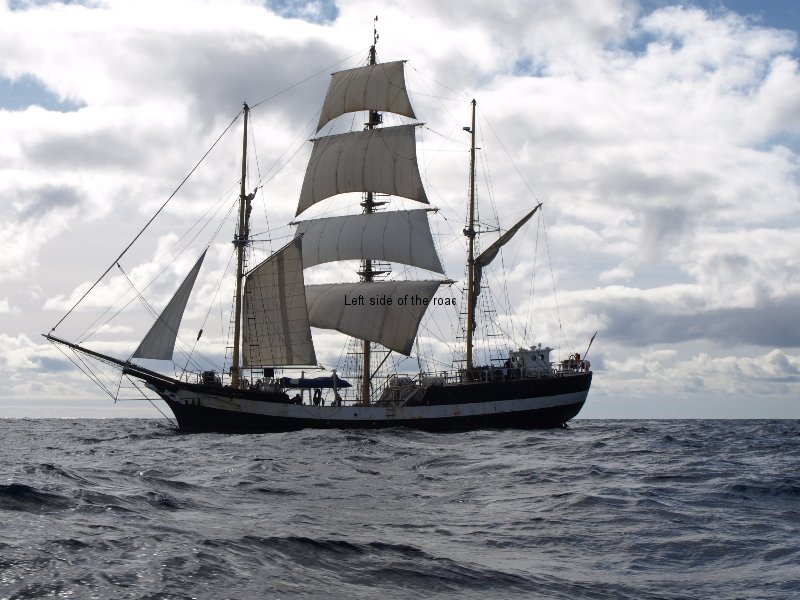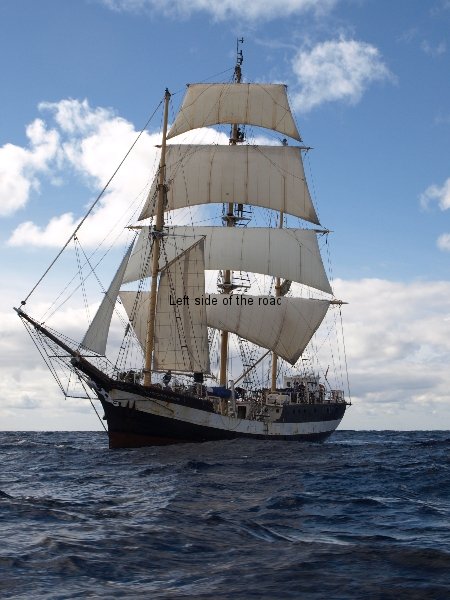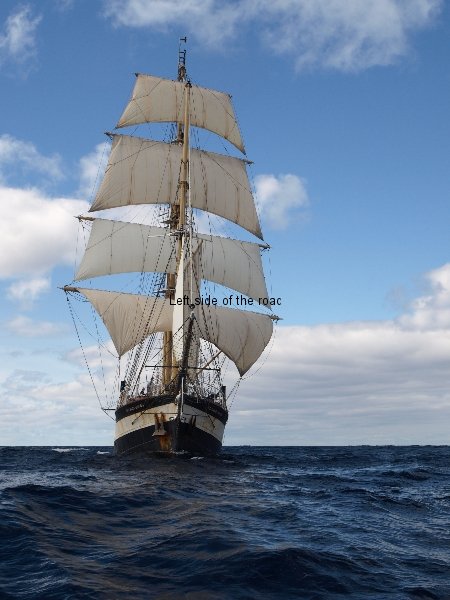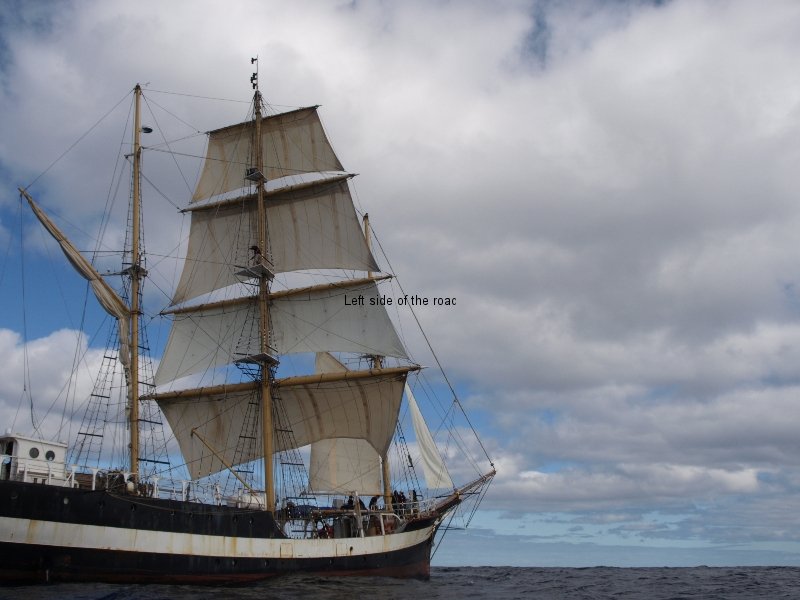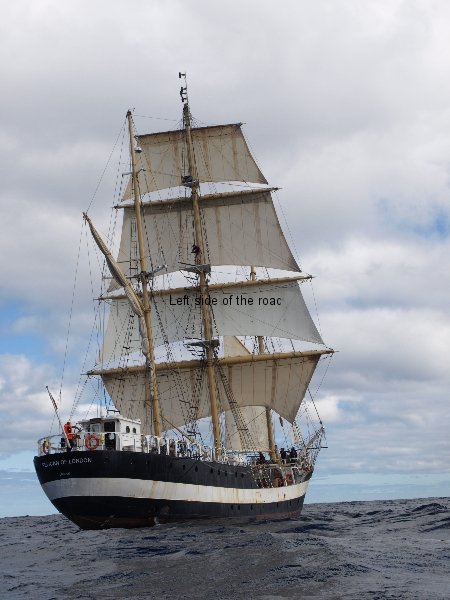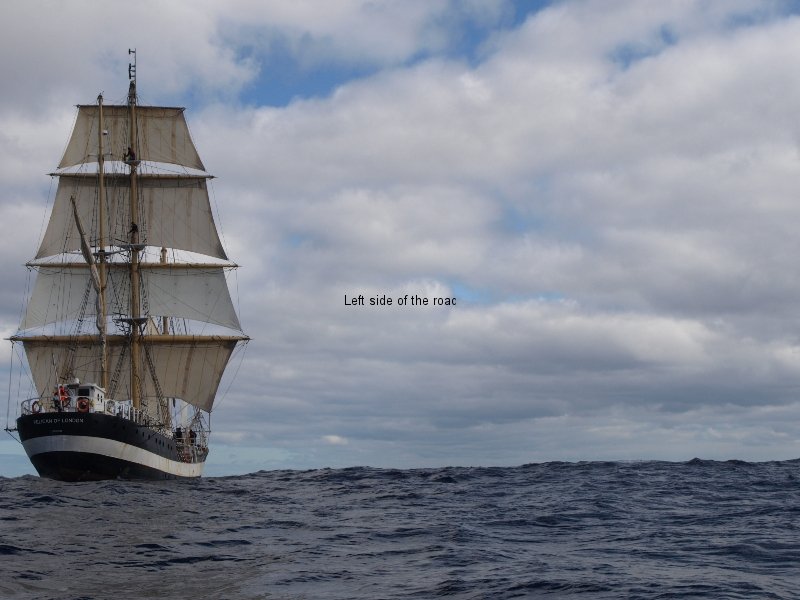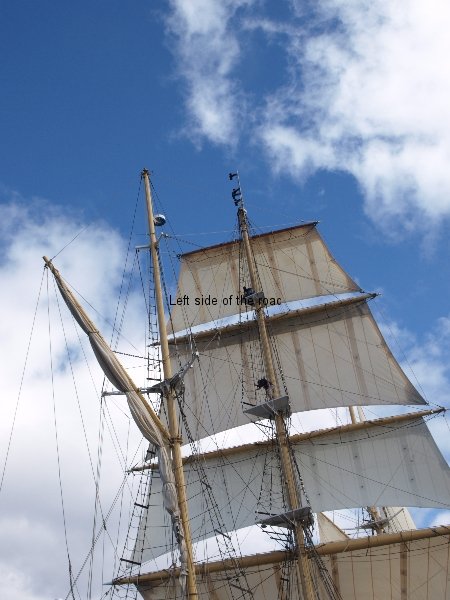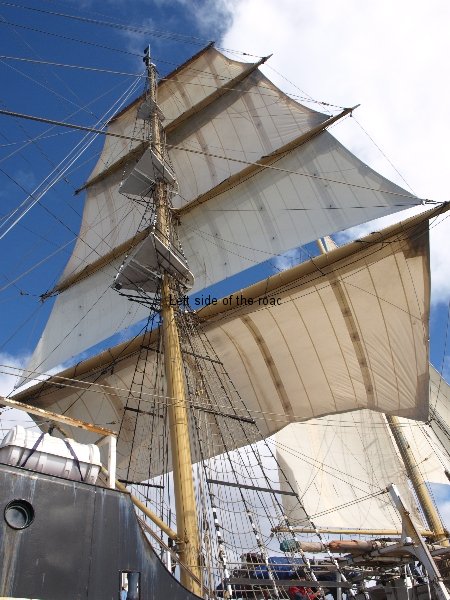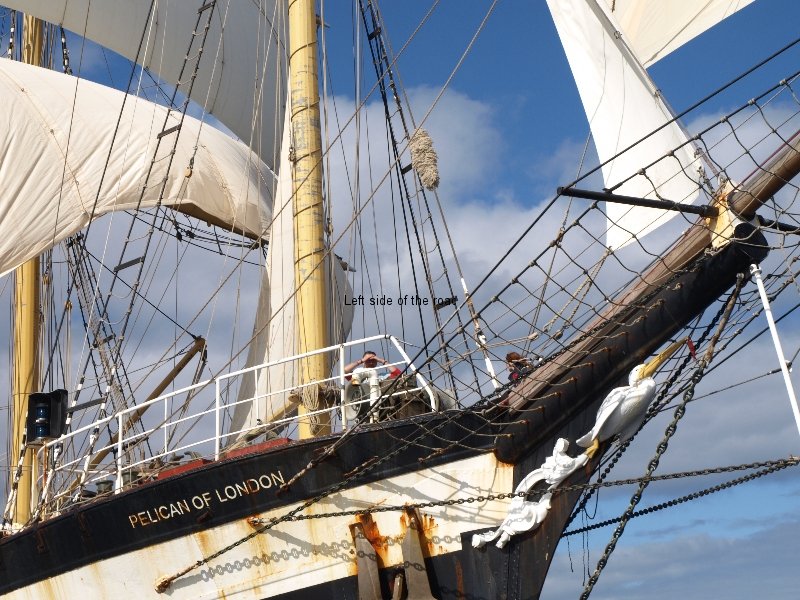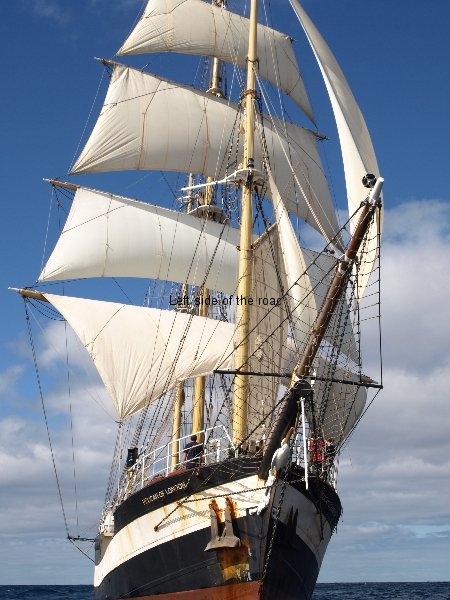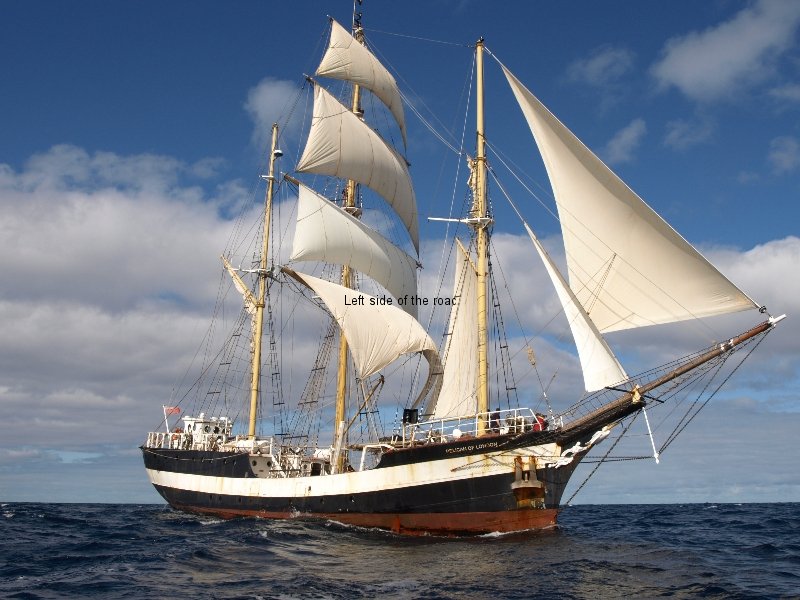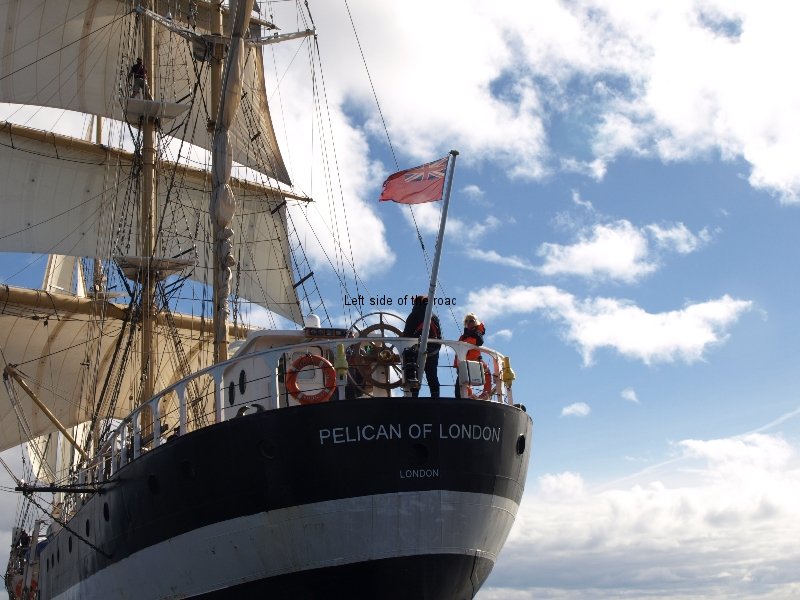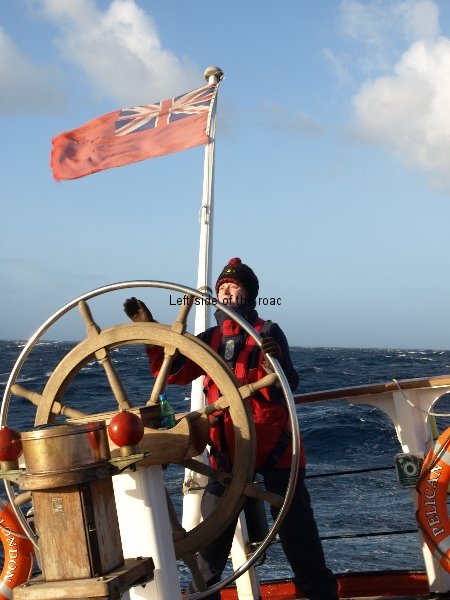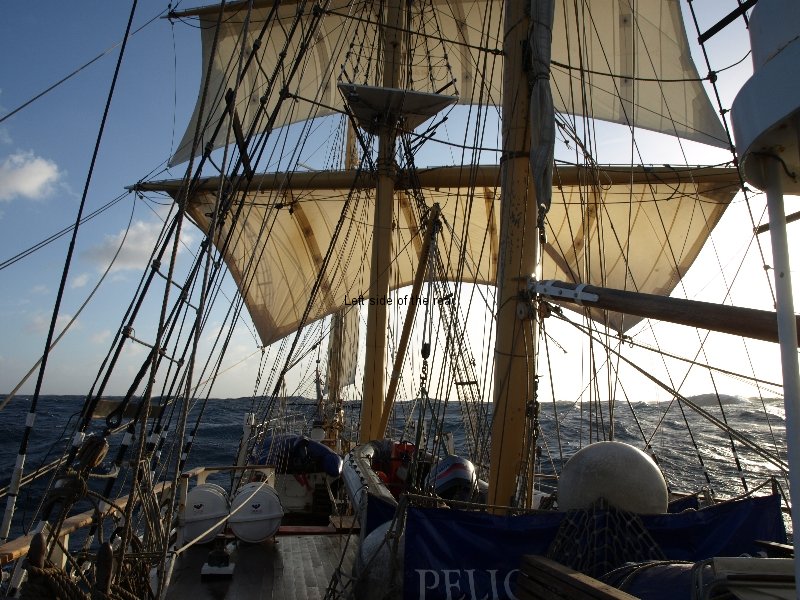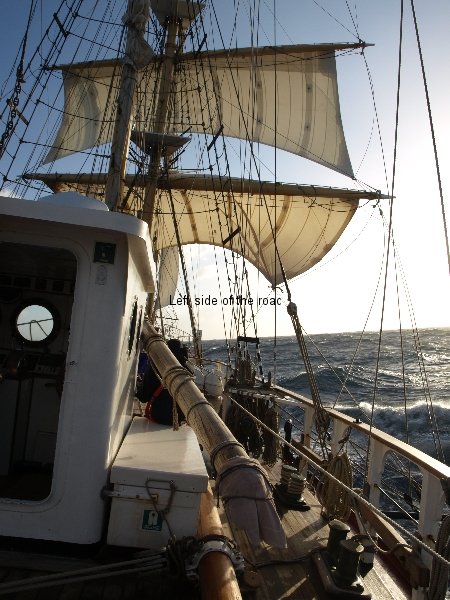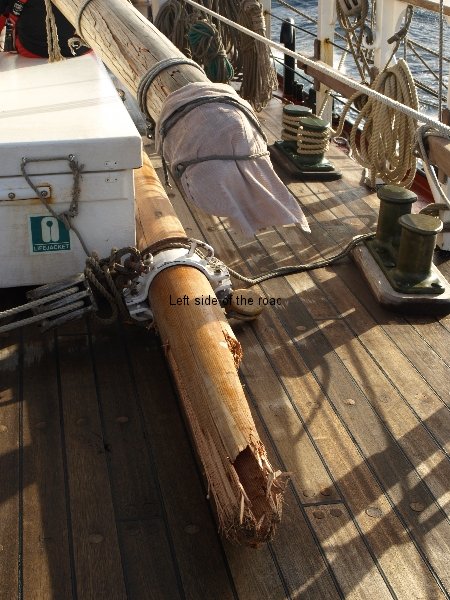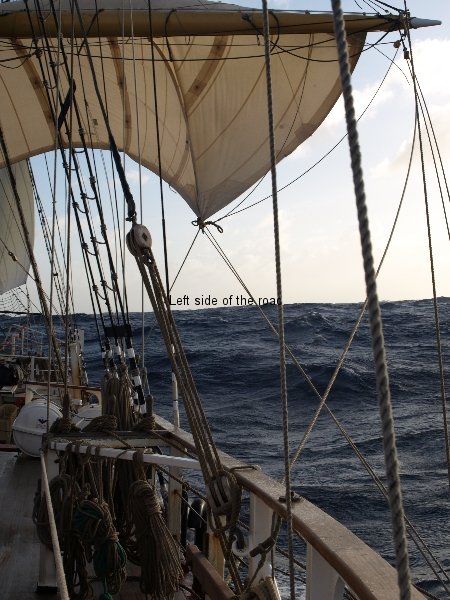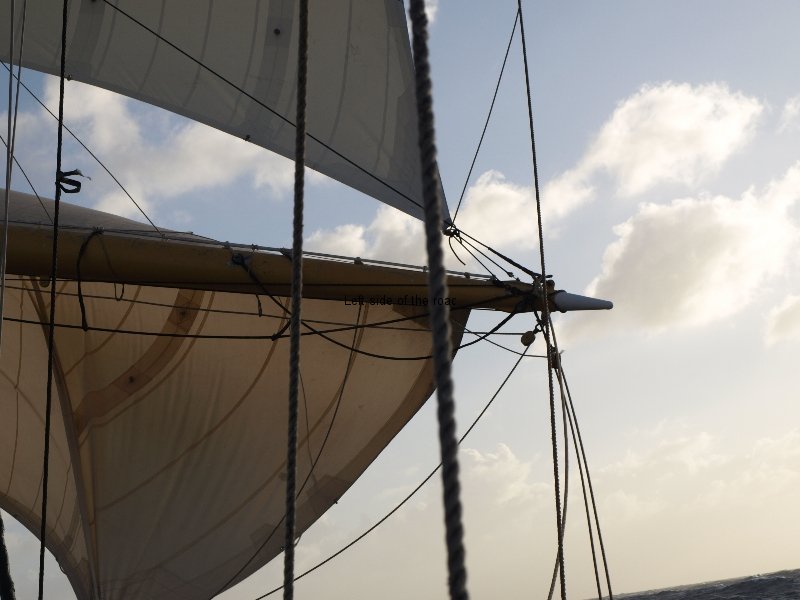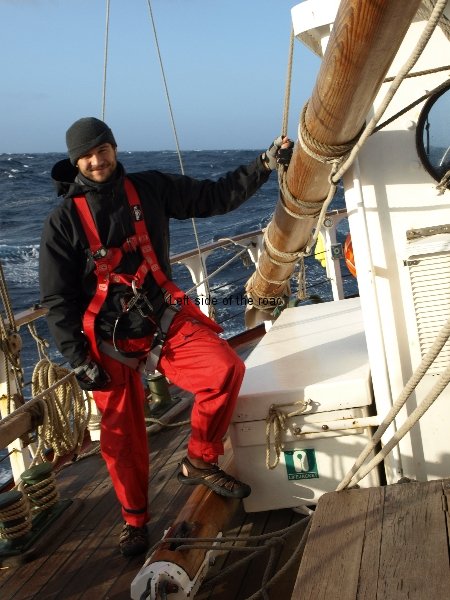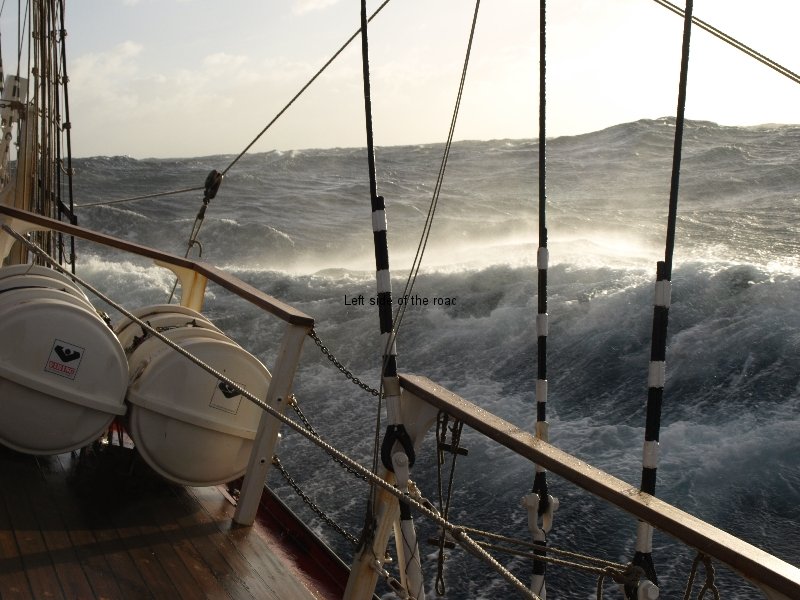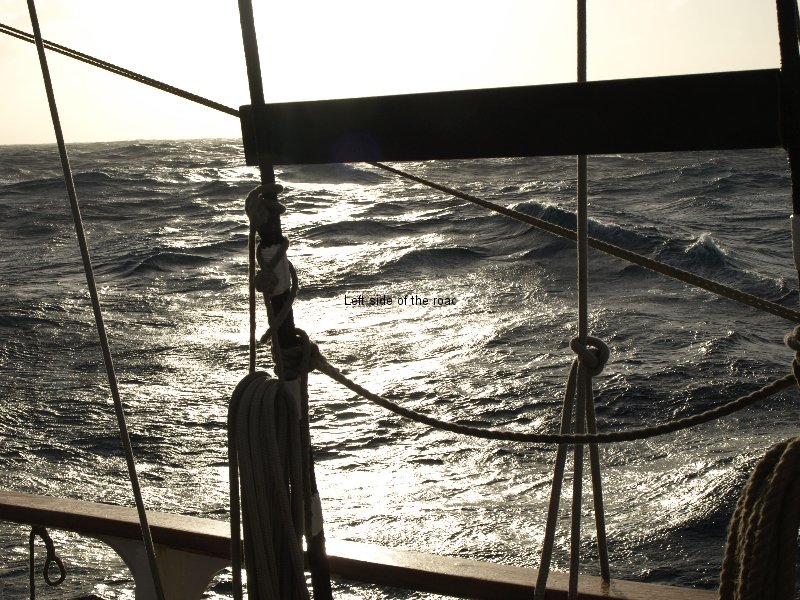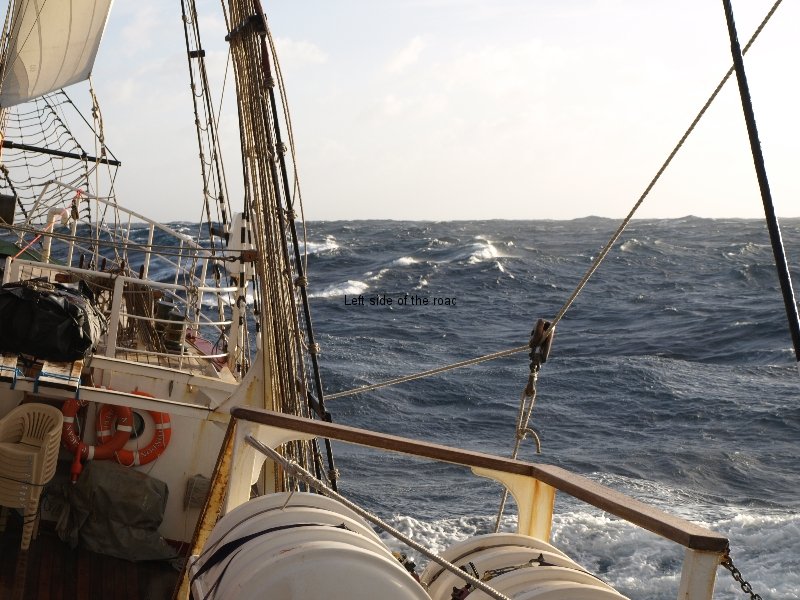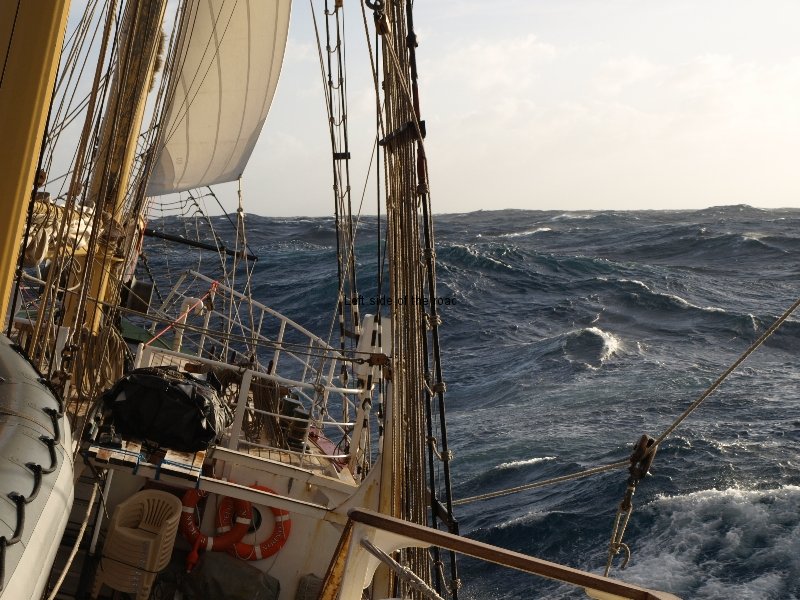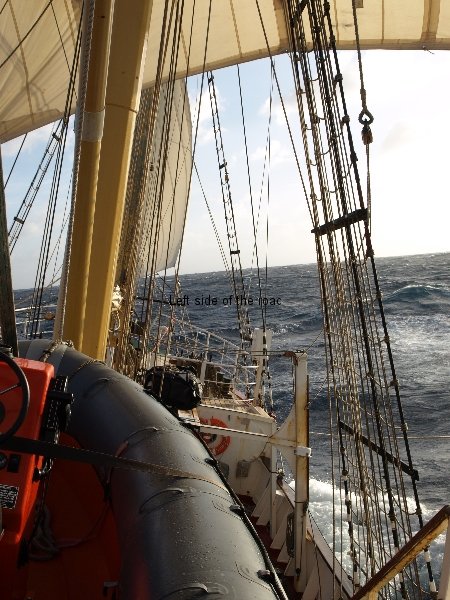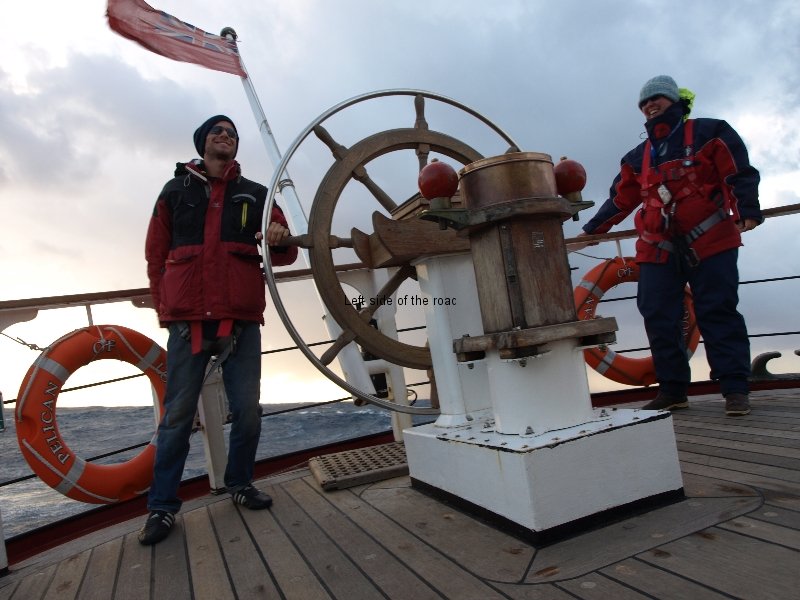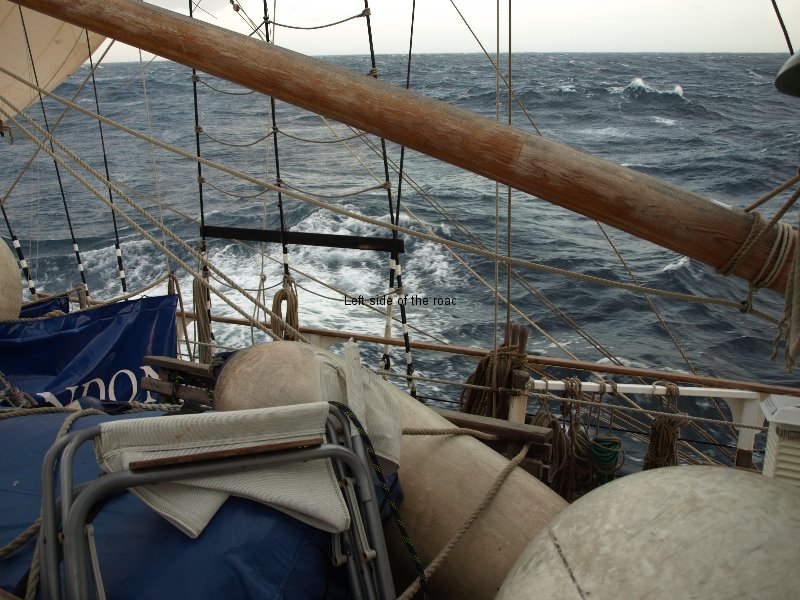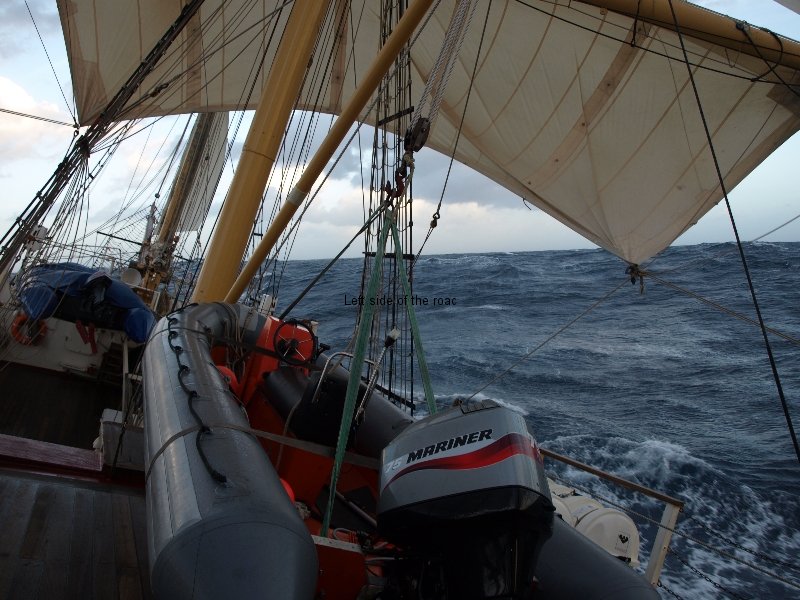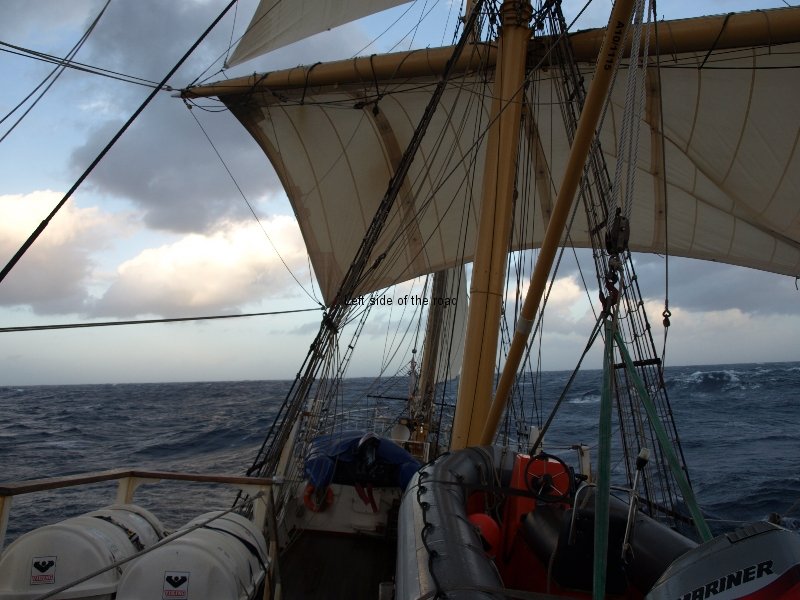German Fascist Memorial in Tirana, Albania
A German fascist memorial in a country where more than 30,000 died in the struggle to liberate themselves from the scourge that was devastating Europe.
In an earlier post I wrote about the English Cemetery in Tirana. This has had a long and complicated history, mainly due to the extreme antagonism the imperialist British state had towards the young Albanian Republic. Even after the establishment of the cemetery there remains controversy as the memorial stone was looted from the original grave of the Albanian Communist leader, Enver Hoxha. He was disinterred from his place of honour next to Mother Albania in the Martyr’s Cemetery, overlooking Tirana, and reburied in the municipal cemetery in a western suburb of the city.
But however anti-communist the British forces sent to Albania might have been, however much they tried to find pro-British, monarchist forces that were not tainted with the stigma of fascist collaboration (unsuccessfully) and however reluctant they were to give arms to the only viable force prepared to risk everything to defeat the fascist invader (i.e., the Partisans under the leadership of the Communist Party) at least they were on the same side (if only for the duration of hostilities).
Between them first the Italian and then the German Fascists were responsible for the deaths of more than 30,000 Albanians – exact figures are difficult to know due to the very backward nature of the country at the time and the lack of any reliable pre-1939 census statistics. This was out of (again estimated) population of just slightly over a million. Thousands of houses were destroyed, the economy shattered and an immense task had to be taken on by the new People’s Republic without receiving anything in the form of reparations from the aggressors and without even their own gold reserves (which were stolen by the fascists, ‘liberated’ from them by the British who then refused to return the bullion to the new socialist state, the rightful owners, on a pretext it was held as ransom for reparations that Albania owed to Britain for the damage done to British war ships in the so-called ‘Corfu Incident’).
So what does the government, that has swept away virtually all of the gains made in the period from 1944 to 1990, do in response to this history of death and destruction? Give space for a memorial to something like 2,200 German soldiers who died in reaping this devastation on the small Balkan country.
Now that might not necessarily be due to their fascist sympathies (although the manner in which the remains of the self-proclaimed king, feudal landowner and tyrant Zogu was returned to Albania last November indicates such). What is certain is that they want to curry favour with the present day German government as Albania seeks membership of the European Community.
One time when I went by this memorial/cemetery (there are the remains of 60 soldiers buried there) someone was cutting the grass and generally making the location look tidy. This was galling as having travelled quite extensively throughout the country I had witnessed how many memorials to the Albanian dead have been neglected and even looted of some of the valuable stone.
What’s also annoying is that the Albanian people are forgetting their own history and the struggles carried out by those who fought against the very fascists who have a well tended memorial in Tirana Park.
A statue of Liri Gero (a young communist from the town of Fier, who joined the partisans along with 67 other young women from the town on 14th September 1943, and who was later, on 6th October 1944, captured (wounded) by the fascists who then burnt her alive) – who was posthumously declared a People’s Hero of Albania – now stands behind the National Art Gallery in Tirana, abandoned and out of site and not in a place of honour which her sacrifice demands. Her name Liri means Freedom in Albanian.
Present day Albanians prefer subservience to freedom and celebrate their oppressors in place of those who fought for National Liberation.
What’s even more annoying is that in the same park, just the other side of the English cemetery, about 100 metres up the path, there’s a modest memorial to a group of children who established an anti-fascist underground organisation in 1942 under the guise of a debating society. This has not been as badly vandalised as some monuments I’ve seen but it’s certainly neglected and if you either don’t know of its existence or not looking for it will be easy to miss. Notice in the picture the star (painted red originally) HAS been vandalised.
GPS:
N41º 18.845′
E19º 49.348′
It’s a sad reflection on the present that so many in Albania don’t seem to care about the past and the sacrifice so many made to liberate their country from fascism.
GPS:
N41º 18.882′
E19º 49.270′






